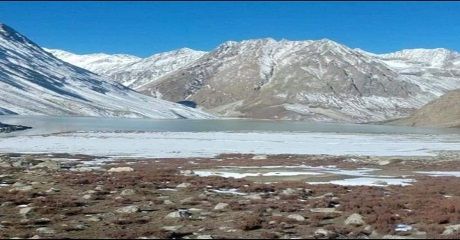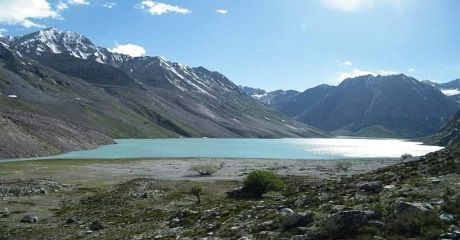Introduction:
Climate Change and Education is a global challenge, the symbiotic relationship between climate change and education is undeniable. As our planet grapples with unprecedented environmental shifts, the role of education emerges not just as a passive observer but as an active force in shaping the future.
Climate change is one of the most pressing global challenges of our time, with far-reaching impacts on ecosystems, economies, and societies. As temperatures rise, extreme weather events intensify, and natural resources deplete, the need for urgent action becomes undeniable. Education plays a pivotal role in addressing this crisis by equipping students with the knowledge, skills, and values needed to mitigate and adapt to environmental changes.
Integrating climate change into education fosters awareness, critical thinking, and sustainable practices among young learners. Schools and universities are increasingly adopting climate literacy programs, green initiatives, and project-based learning to inspire eco-conscious decision-making. By empowering students to become environmental stewards, education can drive collective action toward a more resilient and sustainable future.
Adapting Curricula to Climate Realities
The impact of climate change on the natural world necessitates a paradigm shift in educational curricula. From elementary to higher education, integrating climate science, sustainable practices, and environmental ethics becomes imperative. The classroom transforms into a nexus where students not only learn about climate change but also become stewards of a planet in peril.
Nurturing Advocates for Change
Education becomes a catalyst for climate activism. Informed and impassioned students take to the streets, demanding climate action. Schools and universities become hubs for environmental awareness campaigns, youth-led initiatives, and sustainable practices. The synergy between education and activism propels a generation determined to confront the climate crisis head-on.
Environmental Literacy:
A cornerstone of climate-focused education is environmental literacy. It transcends textbook knowledge, fostering a deep understanding of the interconnectedness between human activities and the environment. Students graduate not only with degrees but with a profound awareness of their ecological footprint and the ability to make informed, sustainable choices.
Classroom as a Microcosm of Sustainable Practices
The physical infrastructure of educational institutions undergoes a metamorphosis, mirroring a commitment to sustainability. Solar panels adorn rooftops, recycling bins dot hallways, and green spaces become integral to school planning. These tangible changes within the educational microcosm reflect a broader commitment to reducing carbon footprints and setting an eco-friendly example.

Global Citizenship in the Face of Climate Challenges
Education becomes a conduit for fostering global citizenship. Students, armed with a comprehensive understanding of climate change, recognize its disproportionate impact on vulnerable communities worldwide. Sympathy transforms into empathy, and initiatives aimed at global climate justice become integral to the educational ethos.
Harnessing Digital Tools for Climate Education
In an era of digital advancements, technology becomes a potent ally in climate education. Virtual simulations, interactive platforms, and educational apps offer immersive experiences, bringing the realities of climate change closer to students. This digital integration not only enhances learning but also reflects the adaptability of education in addressing contemporary challenges.
Resilience Education:
Climate change education extends beyond scientific facts to embrace resilience education. Students are equipped with the skills to adapt to a changing climate, fostering creativity and problem-solving. This resilience-focused approach ensures that future generations are not just passive recipients of climate change impacts but proactive agents of positive change.
Conclusion:
Education as a Beacon of Hope in the face of climate change, education emerges as a beacon of hope. It shapes minds, inspires action, and cultivates a generation attuned to the urgent call for environmental stewardship. As education becomes a linchpin in our collective response to the climate crisis, it heralds a future where knowledge is not just power but a transformative force for a sustainable planet.
Climate change is not just an environmental crisis—it is an educational imperative. By integrating climate literacy into curricula, schools and universities empower students to understand, confront, and innovate solutions for a warming planet. From sustainable campus initiatives to youth-led activism, education fosters the critical thinking and leadership needed to drive systemic change.
The next generation holds the key to a sustainable future. By equipping them with knowledge, ethical responsibility, and actionable skills, education transforms learners into advocates for climate justice. As classrooms become hubs of environmental stewardship, we move closer to a world where sustainability is not just taught but lived. The fight against climate change begins with education—and through it, hope takes root.

Your article helped me a lot, is there any more related content? Thanks!
Thanks for sharing. I read many of your blog posts, cool, your blog is very good.
I don’t think the title of your article matches the content lol. Just kidding, mainly because I had some doubts after reading the article.
Thank you for your sharing. I am worried that I lack creative ideas. It is your article that makes me full of hope. Thank you. But, I have a question, can you help me?